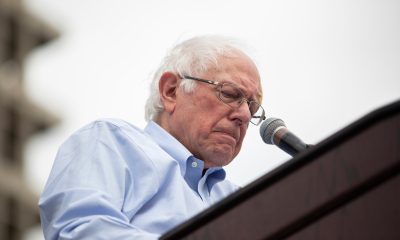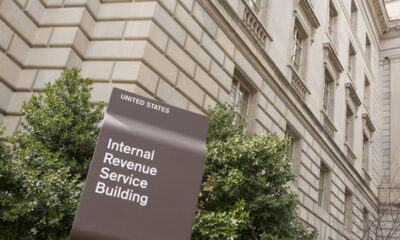RFK Jr.’s Hard Left Turn On Reparations

This week, Robert F. Kennedy Jr., an independent presidential candidate, openly expressed his support for reparations to the Black community. This move places him significantly to the left of President Joe Biden, who has yet to take a clear stance on the contentious issue.
Kennedy’s position on reparations involves using federal tax dollars to “rebuild Black infrastructure” such as banks and businesses and “direct redress payments or tax credits” rather than indiscriminate cash distributions. His website outlines his belief that communities that were explicitly targeted for destruction during the Jim Crow era must now be specifically targeted for repair, emphasizing the need to rebuild Black-owned banks, businesses, hospitals, schools and farms.
“Communities that were specifically targeted for destruction need to be specifically targeted for repair,” Kennedy declares on his campaign website. He further commits to finding ways to offer this “legal, fair redress and win the approval of Americans of all races.”
While Kennedy may perceive his position as a means to attract support away from Biden, it fundamentally opposes the small-government, fiscally conservative ideals that many Republicans and conservatives hold dear. Utilizing federal dollars to fund specific racial communities directly contradicts the principle of limited government intervention.
Moreover, the current economic climate, with rampant inflation and ongoing global conflict, renders additional government spending particularly unpalatable. The wars in Ukraine and Israel and the domestic financial struggles many Americans face have left little appetite for policies that would further stretch the national budget.
To justify his position, Kennedy asserts that these measures would benefit everyone, including “Trumpers,” as they would foster a thriving business environment. However, it is questionable whether this argument holds water, given the considerable opposition to reparations among conservative voters. The issue is not polarization between racial communities, as Kennedy suggests, but rather a fundamental difference in ideological values.
Kennedy’s approach to this issue is puzzling, given his previous positioning as a somewhat populist alternative to President Trump. With this latest declaration, Kennedy risks alienating Trump supporters and conservative voters who might have been inclined to support an independent candidate.
Robert F. Kennedy Jr.’s support for reparations significantly departs from traditional conservative values. It places him squarely to the left of President Joe Biden on this issue. While he may believe this stance will draw support away from Biden, it is more likely to create a rift with conservative voters prioritizing small government and fiscal responsibility. In an already tumultuous political landscape, this move by Kennedy adds another layer of complexity to the upcoming presidential election.






















